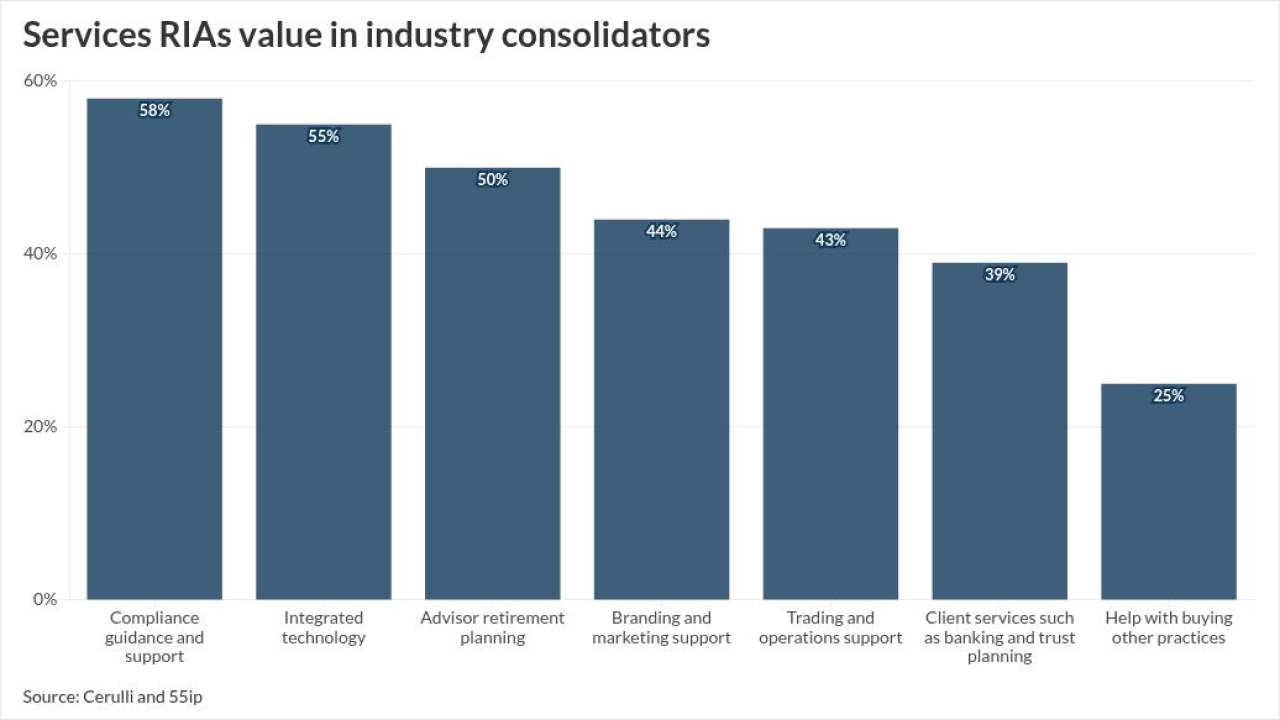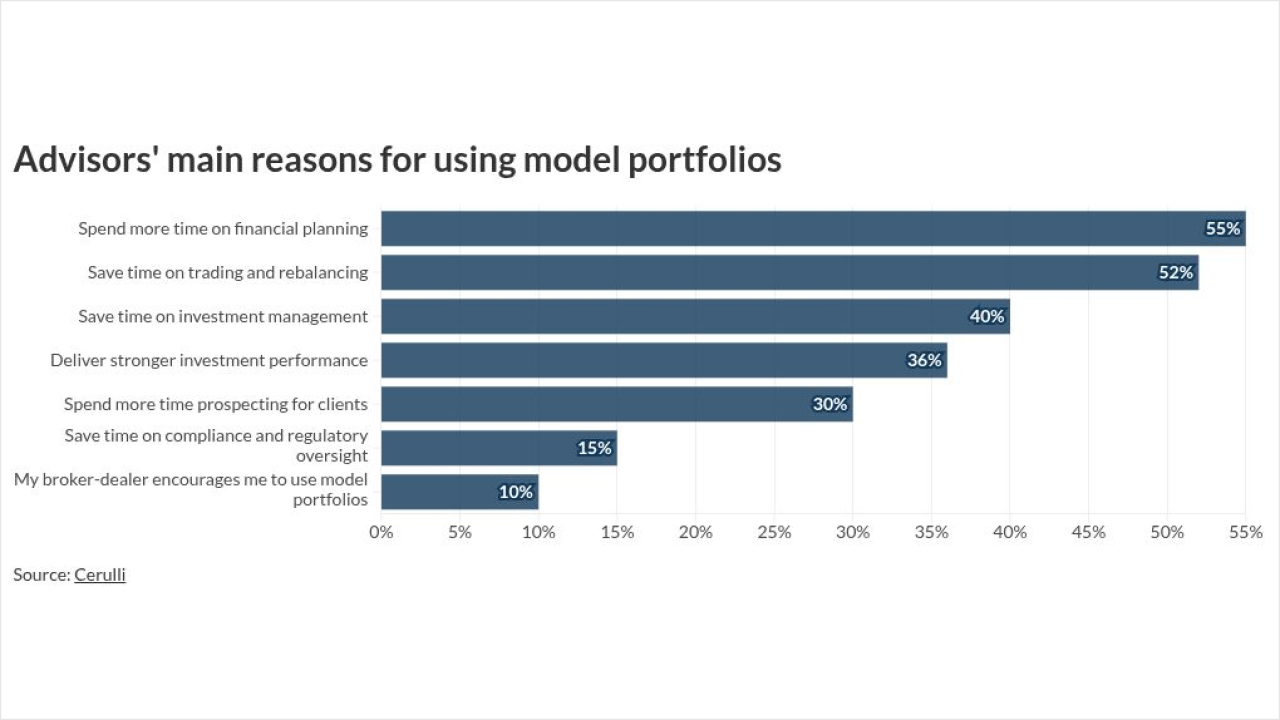Our daily roundup of retirement news your clients may be thinking about.
Investors will be better off getting more sleep, as U.S. researchers have found that clients who suffer from sleep disruptions tend to incur more risk than those who get enough sleep, according to this article on MarketWatch. Those who get less sleep are likely to buy shares and under-diversify their portfolio, the study found. "Since we have some control over when we take on risky behaviors, we can time them from times of the day, or days of the week, when we have the most sleep,” says one of the researchers.

An expert says that retiring this year when the economy is experiencing robust growth means clients should be looking for downside protection and making appropriate changes to their allocations, according to this article from Forbes. "This may involve taking advantage of appreciated assets, and shifting your asset mix to a lower risk position," explains the expert. "It is nearly impossible to call market tops and bottoms, but going into retirement is a good time to start moving down on the risk scale if your portfolio warrants it.”
Seniors will be better off paying off their mortgage if they intend to retire in place and they have enough retirement savings, according to this article on The Wall Street Journal. Paying off the mortgage is a wise move if the interest rate is higher than the return they receive from investments. However, seniors should leave their mortgage as is they have not saved enough for retirement or emergency. “Most people are better off saving in a tax-deferred vehicle, such as an IRA or 401(k). The tax deductions are better that way too,” says an expert.
Contrary to what many people think, clients may have enough savings to fund their golden years, writes an expert on CNBC. That's because their expenses may be lower than they think and they no longer have to sock away money in their retirement accounts, writes the expert. Retirees can also adjust to different income levels, have the option to work on a part-time basis to earn extra income, and are likely to move to a lower tax bracket because of reduced income, writes the expert. "Therefore, you'll have a relatively higher amount of disposable income for each dollar earned."





